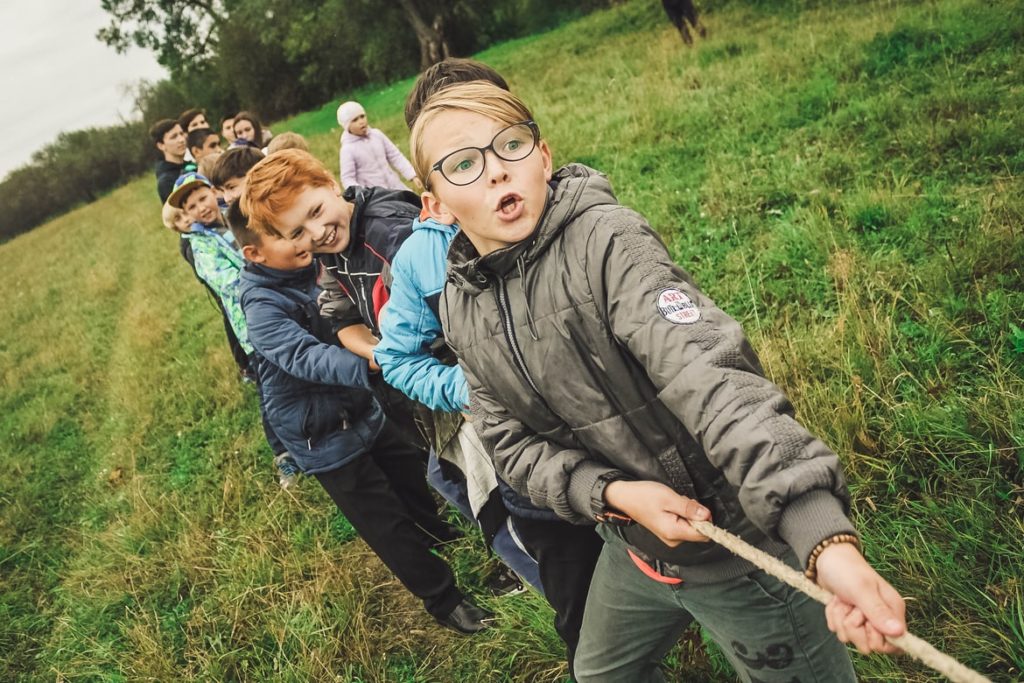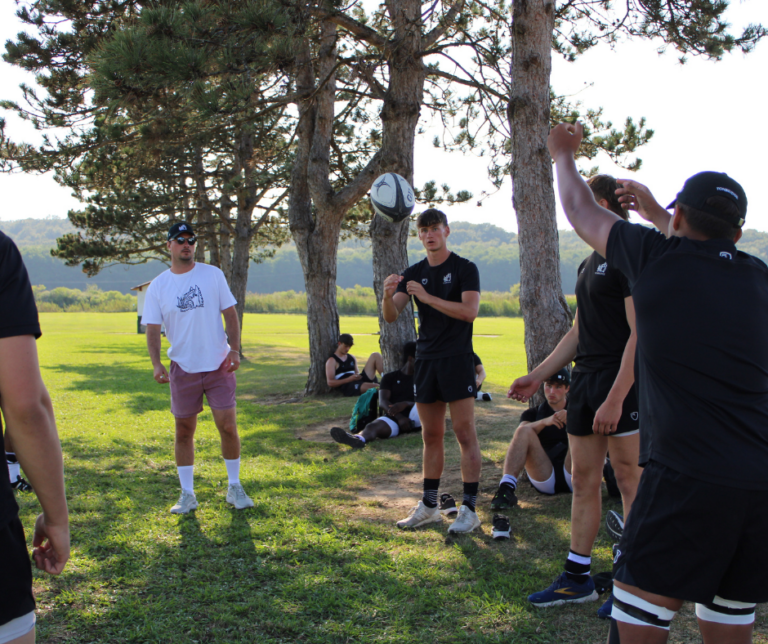Imagine a history lesson where students don’t just read about ancient civilizations, but stand among the ruins of the Colosseum. Picture a language class where students practice their skills with native speakers instead of memorizing vocabulary lists. These are the kinds of experiences that school trips offer – ones that bring education to life in ways outside of the classroom. In an era where academic pressures and budget constraints often take priority, some may question the necessity of school trips. Are they just an expensive extracurricular activity, or do they truly contribute to a child’s education?
In this blog, we’ll explore why traveling is important for education. Whether it’s a residential trip or an international adventure, the benefits of these experiences are long-lasting and extensive.
Key Educational Benefits of School Trips
School trips are beneficial as they transform theoretical knowledge into tangible experiences. When students step out of the classroom and into real-world settings, they engage with subjects in new ways. From standing beneath the Eiffel Tower while studying French history or observing marine ecosystems firsthand on a biology excursion, these experiences deepen comprehension and retention. Studies from the Evaluation of Learning Away Final Report have shown that 60% of secondary students report a better understanding of their subject after participating in a residential trip.
How School Trips Support Different Learning Styles
Traditional classroom environments cater primarily to auditory and visual learners, but school trips offer hands-on experiences that engage kinaesthetic learners as well. Through active participation – such as conducting field research or navigating foreign streets – students absorb information in ways that suit their unique learning styles. This approach enhances student engagement and motivation, making learning more inclusive and effective.
Hands-On Learning for Deeper Understanding
One of the greatest benefits of school trips is the opportunity for hands-on learning. When students can see, touch, and experience what they’re learning about, the material becomes more meaningful. A US study found that students who participate in field trips perform better academically, with 59 % of those who took educational trips achieving better grades. Learning in context solidifies knowledge and sparks curiosity, encouraging students to explore subjects more deeply.
Enhancing Problem-Solving and Critical Thinking Skills
Studying abroad introduces students to critical thinking skills that naturally benefit their wider studies. Whether students are navigating a foreign transport system, adjusting to a different culture, or collaborating on group projects during the trip, they develop critical thinking skills that will serve them beyond their school years. In fact, 78% of students reported improved problem-solving abilities after participating in educational travel experiences according to a survey of 930 former participants by ACIS. These skills are not only valuable for academic success but also essential for future careers and everyday life.

Encouraging a Love for Learning Beyond Textbooks
A well-planned educational trip can ignite a passion for lifelong learning. Engaging with history, science, or the arts in real-world settings inspires curiosity and makes learning exciting. Many students recall their school trips as defining moments in their education – experiences that inspired them to pursue higher studies or careers in related fields. More than half of students who have traveled internationally report that their academic performance improved, and many students who experience a chance to learn abroad on a school tour will go on to study abroad or enrol in global internships.
Building Confidence and Independence in Students
Travel challenges students in ways that promote personal growth. Navigating a new city, managing their schedule, and making decisions in unfamiliar environments help build independence and self-confidence. After participating in an educational trip, The Institute for International Education of Students (IES) found that 96% of surveyed students reported feeling more confident in trying new things, with travel acting as a catalyst for their maturity. This boost in self-assurance translates to better performance in school and beyond, as students become more willing to take risks and embrace challenges.
Strengthening Teamwork and Communication Skills
The shared experiences of a school trip strengthen relationships among students and between students and teachers. This helps students build essential interpersonal skills:
- Problem-solving together – Whether navigating foreign transport or working on a group project, students learn to communicate effectively.
- Building stronger friendships – Shared experiences create lasting bonds and improve teamwork.
- Enhancing leadership skills – Students take on responsibilities, make decisions, and work as part of a team.
These experiences help students develop essential communication and collaboration skills, which are key for both academic success and future employment.

Encouraging Cultural Awareness and a Global Perspective
Experiencing different cultures firsthand allows students to develop a broader perspective of the world. Exposure to new customs, traditions, and languages encourages empathy and cultural sensitivity, helping students become global citizens. On a language school trip, being immersed in a country where the language is spoken provides invaluable real-world practice. Authentic bilingual conversations are nearly impossible to replicate without traveling outside of a classroom setting. Whether students are learning basic phrases or engaging in more complex discussions, the experience of using a language in its native environment inspires them to continue their studies.
Key Takeaways
- The benefits of school trips include hands-on learning, with students performing better academically after participating in educational travel.
- School trips support different learning styles, especially for kinaesthetic learners.
- Educational travel helps students develop problem-solving and critical thinking skills, preparing them for academic and professional success.
- Experiencing different cultures firsthand promotes global awareness, empathy, and immersive language skill development that a classroom cannot replicate.
- The benefits of residential trips include strengthening teamwork and communication skills.
Why Schools Should Prioritize Educational Trips
By offering well-structured, meaningful trips, schools can provide transformative experiences that benefit students academically, socially, and personally.
At The Learning Adventure, we prioritise planning and delivering meticulously designed school trips abroad that are fully customizable to your curriculum needs. With our experience in education and travel, we ensure that every journey is safe, enriching, and aligned with your learning objectives. We believe that educational travel is about shaping the next generation of thinkers, leaders, and explorers.
Ready to give your students an educational experience that will last a lifetime? Contact The Learning Adventure today to start planning your next school trip abroad.


